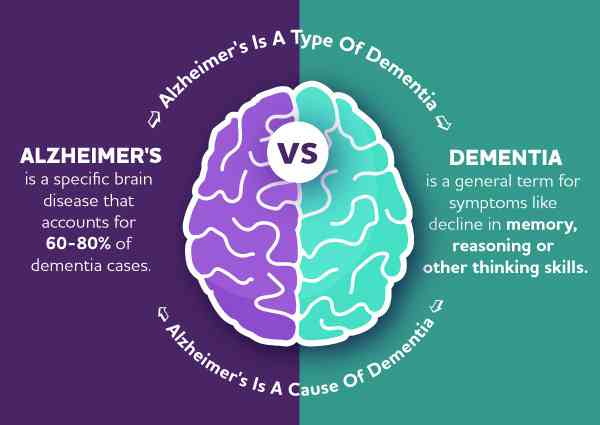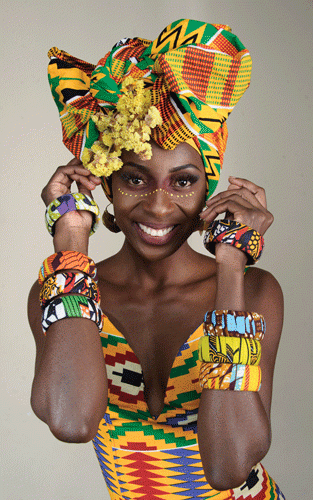
I ONCE heard that an 80-year-old granny in Chivi district left her bedroom one day to relieve herself, but completely forgot the way back inside the house. She literally forgot where she had come from.
She was lost in her very familiar neighbourhood and walked all night. In the morning, her son checked on her, only to discover she was nowhere to be found. They searched for her and made a police report, but the police responded after 24 hours as the law stipulates.
The granny was spotted after two days by a relative in another village and she could not logically tell what had happened. From that day, she had to be guarded.
This particular granny had most of her clothes on, but was dirty and hungry. She was lucky to be spotted by a relative, otherwise she was going to be labelled a witch who had dropped from a winnowing basket.
This is because many people believe witches can fly using those gadgets and can be pushed off if disagreements erupt among them mid-flight.
Last year in Chitungwiza, an elderly woman was found stark naked in the morning and was labelled a witch. The poor old lady was, however, suffering from dementia and she could hardly recall anything, even where she had come from. But the crowd, in ignorance, jeered and called her a witch until she was rescued by the police.
Unknown to most people is that some people sleep naked due to various reasons and the elderly are not an exception. In most cases, due to dementia, such elderly people, who get lost, especially during the night, say illogical things since their memory is either foggy or completely non-existent, but people label them witches.
In Zimbabwe, dementia is sadly and tragically often associated with witchcraft rather than a disease. Although it is not a part of normal ageing, it severely affects mostly those who are in their 60s and beyond. Dementia is a general term for the impaired ability to remember, think or make decisions. It interferes with the ability to do everyday activities.
- Mavhunga puts DeMbare into Chibuku quarterfinals
- Bulls to charge into Zimbabwe gold stocks
- Ndiraya concerned as goals dry up
- Letters: How solar power is transforming African farms
Keep Reading
For instance, a dementia patient may get lost in a familiar neighbourhood, use unusual words to refer to familiar objects, forget the names of close family members or friends, forget old memories and become unable to complete tasks independently.
The stated characteristics are exhibited by some elderly people and others are usually lost in familiar neighbourhoods or they wander into unfamiliar territories.
In most cases, the dementia patients are spotted in unusual locations at dawn. They are found naked mumbling incoherent statements. Because they are cold, hungry and confused, these ill people are usually jeered at by mobs making them more confused.
Many questions are thrown at them by the mob, for example: “Where do you come from? (Munobvepi?); Who brought you here? (Mauya nani?) and so forth”. Because people have no information and knowledge about dementia patients they are quick to label them witches.
Historically, in Zimbabwe and in other African countries, people believed and still believe in the ability by some individuals to cause misfortune and injury to others by non-physical or magical means. This has been translated to witchcraft.
Witchcraft beliefs are strong and are part of cultural and traditional systems in most parts of Africa, Zimbabwe included.
Usually witchcraft is associated with old people, especially old women, ugliness and people who are naturally “frightening”.
It is also believed that they can use hyenas and winnowing baskets as transport and they can travel to far away places using them.
The majority of those who supposedly possess this malign power are thought to be the elderly women. From a gerontologist point of view society has refused to associate this anomaly to diseases such as dementia.
Therefore, in society, elderly women are perceived as witches due to wrinkles and gaps in their teeth. This stereotyping is inherent in Zimbabwean societies and people have lived with it from generation to generation. Based on these stereotypes some Shona folktales depict elderly women as witches.
For example, a Shona folktale Gwegwedu Noruzino Gwangu is about an ugly elderly woman who used her single tooth to eat people and they are many such folktales in all ethnic groups in Zimbabwe. We were told these stories when we were growing up.
These folktales were told and are still being told to young children who will grow up with the fear of elderly women who are portrayed as harmful, worse when their teeth fall off due to old age and a few remain.
Therefore, some elderly women in some rural areas and high-density suburbs are victims of such stereotypes. Consequently, society has witnessed elderly women being harassed, bullied and abused by people who accuse them of witchcraft, especially the demented ones who are found naked at dawn in people’s neighbourhoods.
What is unknown to many is that wrinkles and gaps in the teeth are signs of ageing that may be unavoidable as we age.
In addition, dementia may cause sleep walking in some of these elderly persons and they tend to forget where they came from.
Our society, through the health sector, needs to be educated on this disease in order to co-exist with dementia patients.
It is disheartening to witness the abuse of dementia patients in our society, especially in urban areas where they are jeered at by ignorant mobs.
It is also important to educate those who live with people suffering from dementia so that they know how to take care of them and are aware of the vigilance required in order for the afflicted not to get lost.










